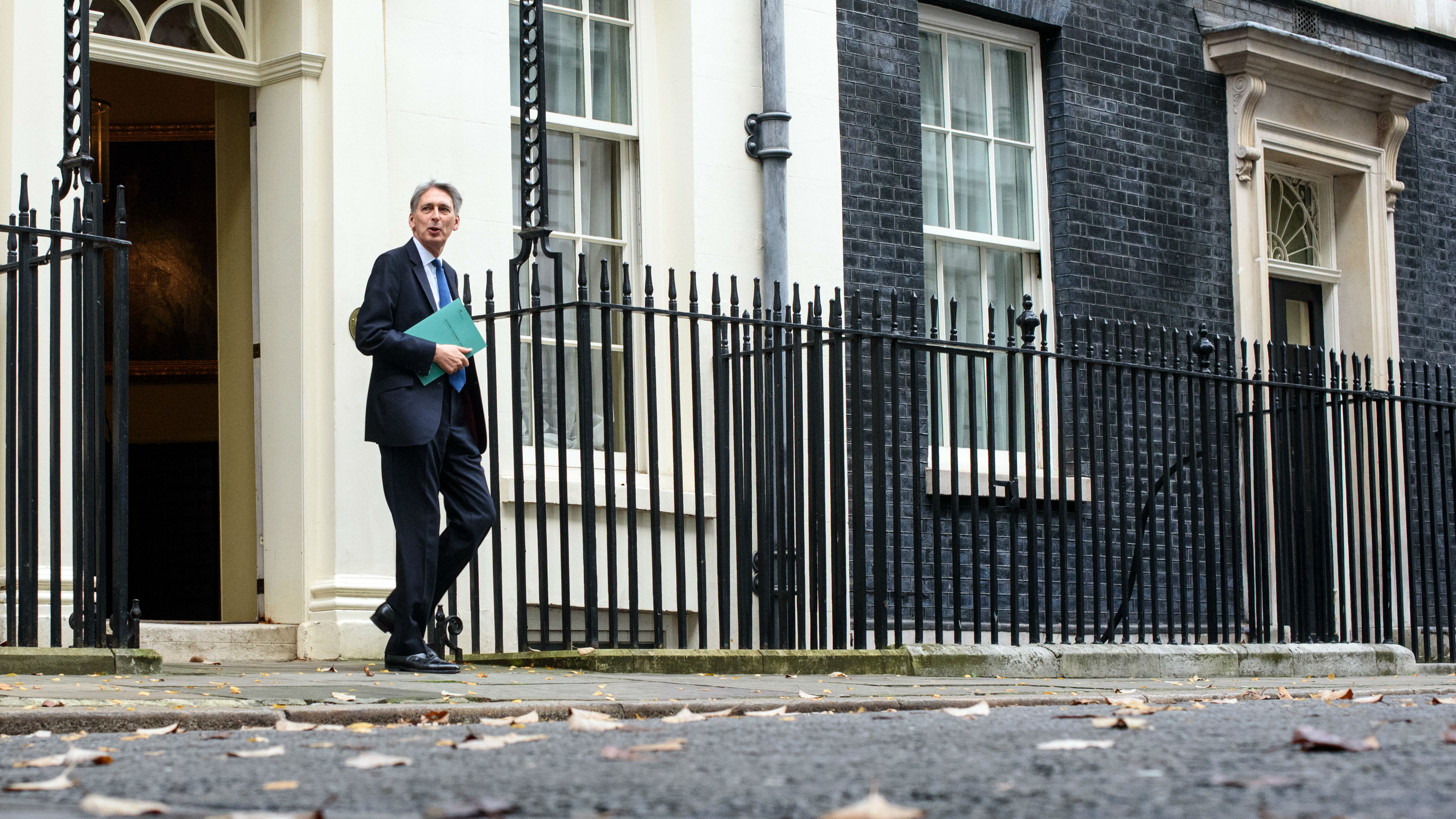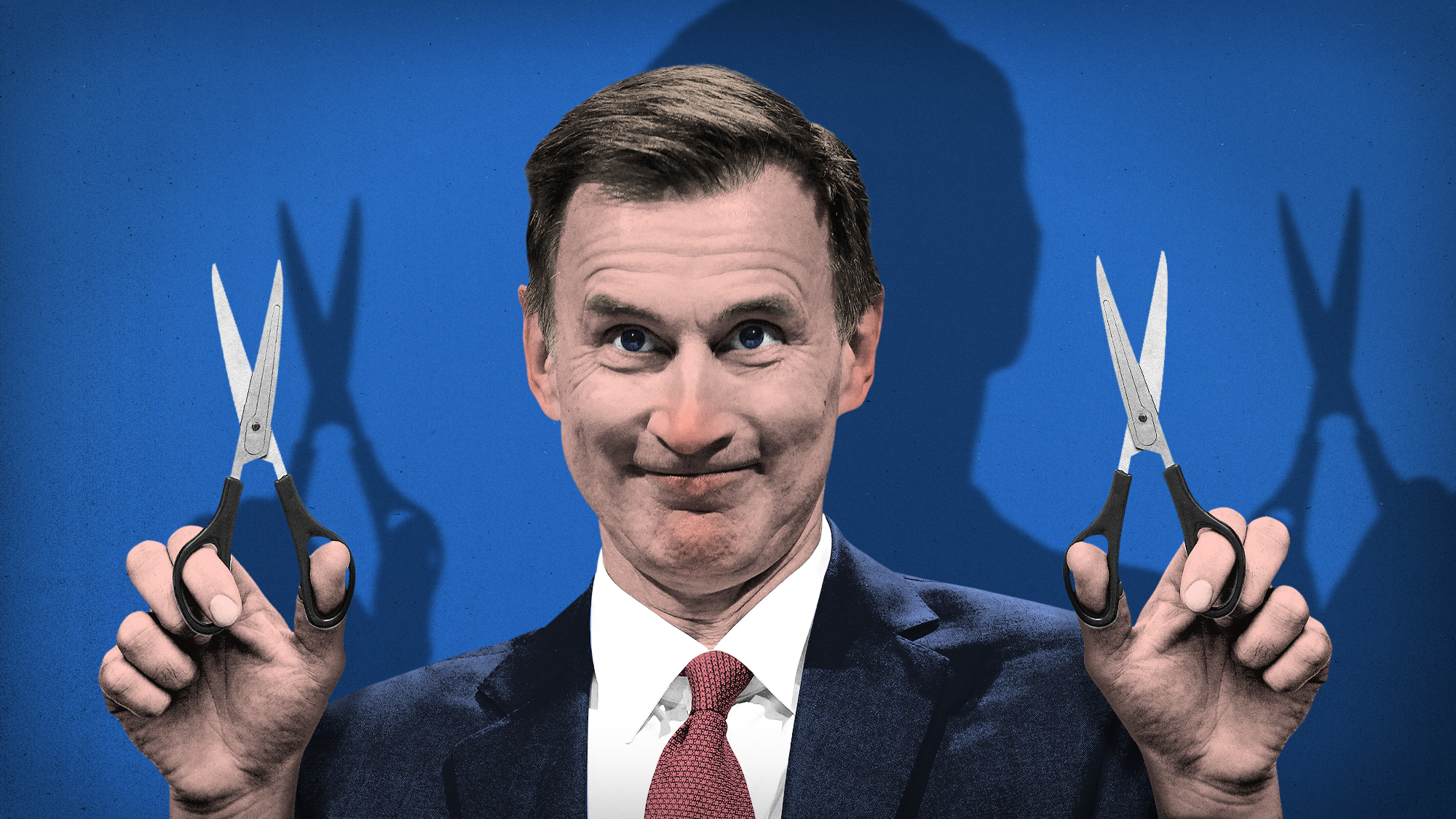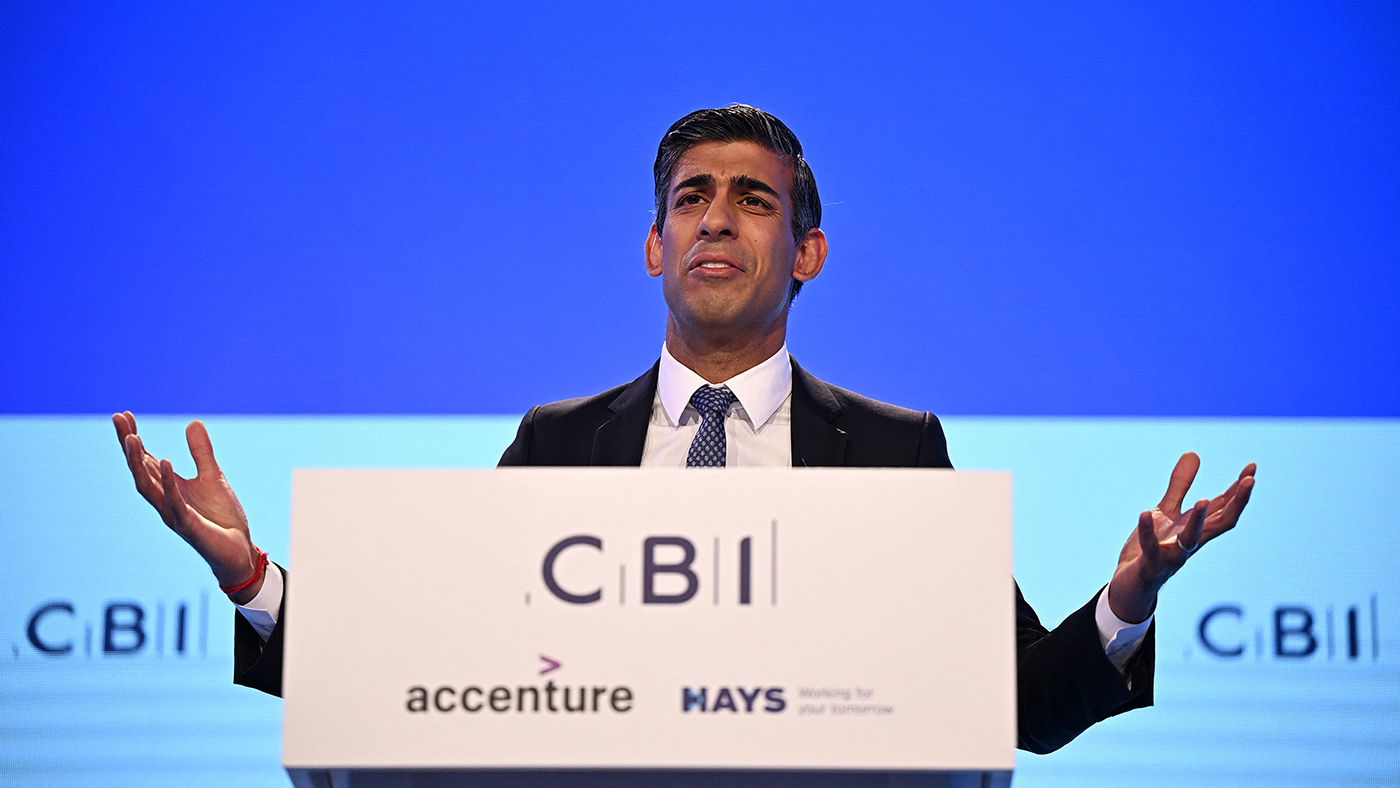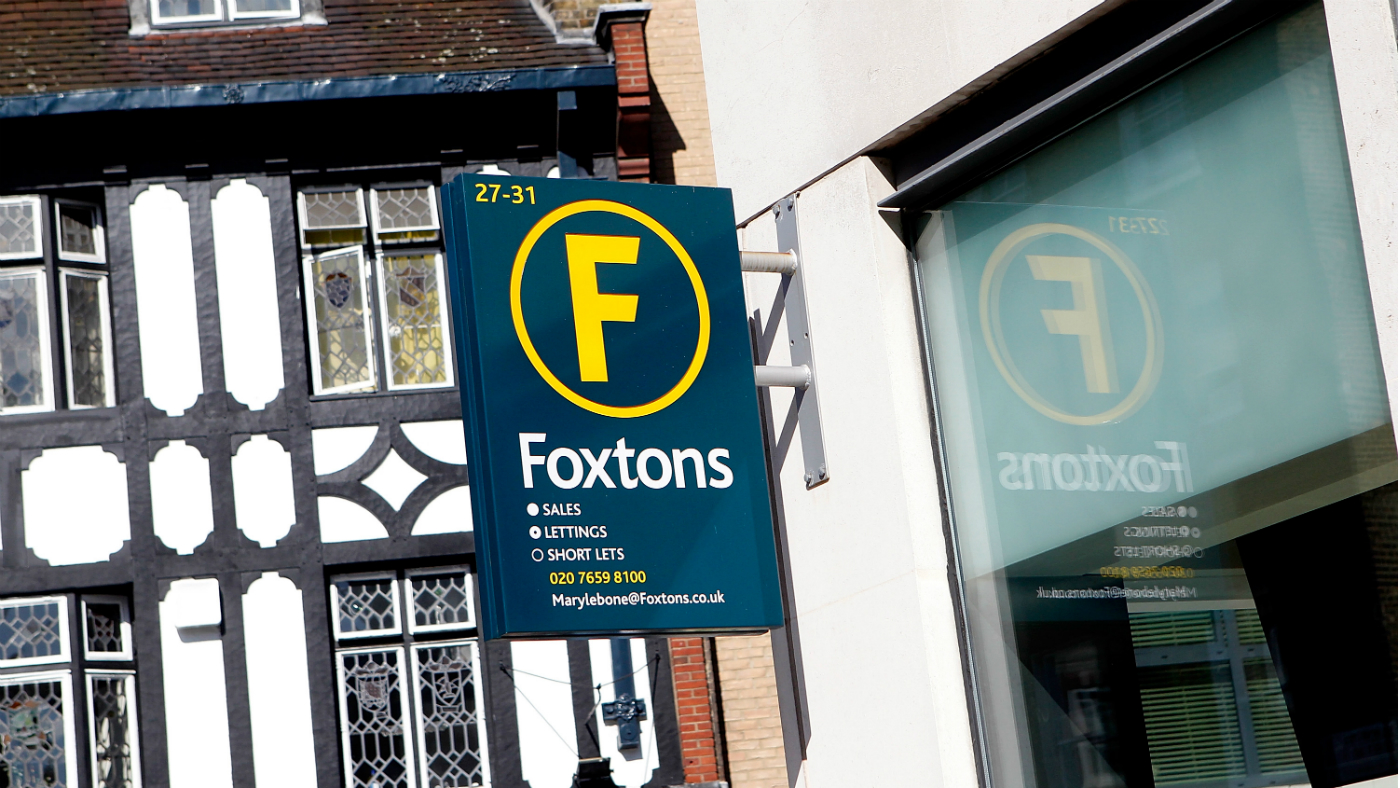Autumn Statement 2016: What the commentators thought
Philip Hammond's first set-piece was a sombre affair, say the pundits, but not everyone thinks that's bad

A free daily email with the biggest news stories of the day – and the best features from TheWeek.com
You are now subscribed
Your newsletter sign-up was successful
In his first set-piece as chancellor, Philip Hammond "hoped to ditch the card tricks and just lay out the grim hand he had been dealt", says Matt Chorley in The Times.
However, he could not do that: Prime Minister Theresa May "demanded rabbits to be pulled from hats – no matter how small, old or riddled with myxomatosis", adds the journalist.
So, while revealing a £122bn explosion in public debt, half of which is due to Brexit, Hammond found room for a £23bn splurge to address the UK's productivity problems and offered a range of measures to help "just about managing" families.
The Week
Escape your echo chamber. Get the facts behind the news, plus analysis from multiple perspectives.

Sign up for The Week's Free Newsletters
From our morning news briefing to a weekly Good News Newsletter, get the best of The Week delivered directly to your inbox.
From our morning news briefing to a weekly Good News Newsletter, get the best of The Week delivered directly to your inbox.
"But nothing can disguise the fact that today's performance will be best remembered for the way the uncertainty of Brexit seems to have made £100bn disappear. Just like that," Chorley adds.
For Allister Heath of the Daily Telegraph, the problem was not the dire debt figures - "I just don't believe the numbers" - or disappointing prestidigitation. It was the way the Chancellor offered "managerialism" rather than "visionary leadership".
Heath dismisses the whole package as "inbuilt Remainian bias [that] risks becoming self-fulfilling: the Chancellor cannot cut tax because the economy is assumed to slow, so he doesn't and it does".
Instead, he continues, the "real tragedy" is that by failing to cut taxes to boost business, "the government is doing almost nothing to build a new, stronger, free market Britain to capitalise on Brexit".
A free daily email with the biggest news stories of the day – and the best features from TheWeek.com
Larry Elliot of The Guardian agrees the speech was a "sombre affair", but he is concerned more with the lack of real help for a struggling health service and hard-pressed families.
He writes: "The Child Poverty Action Group has calculated that a single parent with one child and no housing costs earning £15,000 a year will be £170 a year better off as a result of the new universal credit regime.
"But the same person stood to lose out by £3,170 a year as a result of the summer 2015 budget."
Also in the Telegraph, Jeremy Warner agrees the speech was not especially eye-catching. However, he says, "Hammond was never going to be that kind of Chancellor".
"What was sketched out in the forecasts was the worst deterioration in the outlook for the public finances since the financial crisis… Brexit was a vote to leave the EU, not for revolution; a Tory government can never actively promote instability," he says.
He concludes: "If it's the vision thing people demand, then Hammond is not their man. But if it is carefully calibrated treatment of a still sick patient, then this is not a bad first stab at the problem."
-
 Local elections 2026: where are they and who is expected to win?
Local elections 2026: where are they and who is expected to win?The Explainer Labour is braced for heavy losses and U-turn on postponing some council elections hasn’t helped the party’s prospects
-
 6 of the world’s most accessible destinations
6 of the world’s most accessible destinationsThe Week Recommends Experience all of Berlin, Singapore and Sydney
-
 How the FCC’s ‘equal time’ rule works
How the FCC’s ‘equal time’ rule worksIn the Spotlight The law is at the heart of the Colbert-CBS conflict
-
 Five key takeaways from Jeremy Hunt's Autumn Statement
Five key takeaways from Jeremy Hunt's Autumn StatementThe Explainer Benefits rise with higher inflation figure, pension triple lock maintained and National Insurance cut
-
 Would tax cuts benefit the UK economy?
Would tax cuts benefit the UK economy?Today's Big Question More money in people's pockets may help the Tories politically, but could harm efforts to keep inflation falling
-
 Why UK companies are facing a dystopian, zero-growth future
Why UK companies are facing a dystopian, zero-growth futurefeature In prioritising stability, the Treasury risks ‘stifling enterprise and entrepreneurship’
-
 UK estate agents hit by clampdown on letting fees
UK estate agents hit by clampdown on letting feesSpeed Read Countrywide share price is at all-time low after chancellor bans upfront charges
-
Autumn Statement 2016: Real wages will not grow for a decade, says IFS
Speed Read Think-tank warns of 'dreadful' times ahead, as Resolution Foundation say lower-income families will lose most